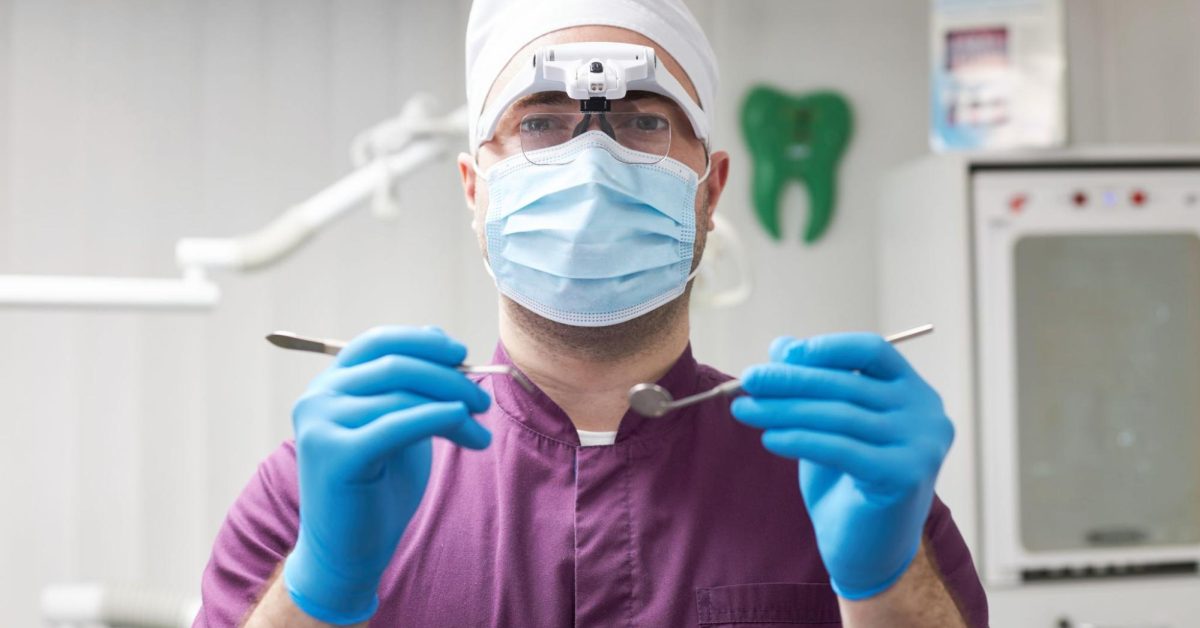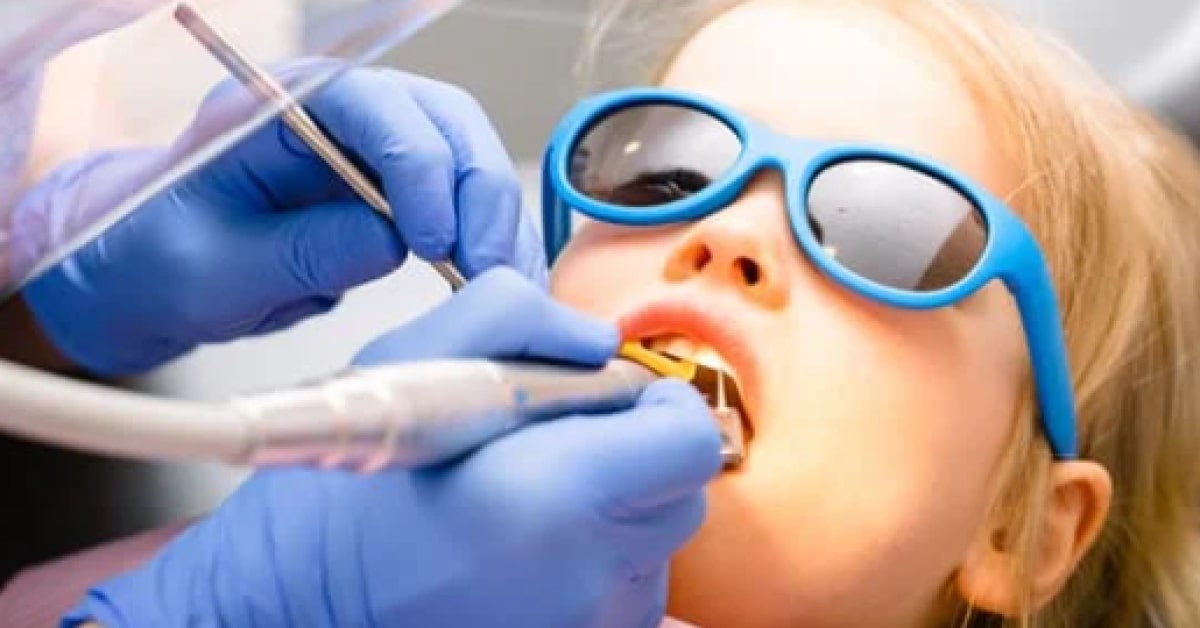Blog
July 12, 2023 • 10 mins readMedical Billing for Dental Practices: Myths and Misconceptions
Learn how to improve revenue and provide better care for patients by addressing these issues and working with qualified staff or reputable medical billing companies.
Author
Danielle Duncan

In this Article
As dental practices continue to grow and expand their services, one crucial aspect that they cannot ignore is medical billing. However, there are several misconceptions around medical billing for dental practices that need to be addressed.
Myth #1: Medical Billing Doesn’t Cover Most Dental Treatments:
The first myth is that medical billing is only necessary for certain dental procedures, and that billing medical insurance won’t lead to coverage. This is not true. Any dental treatment that is deemed medically necessary can and should be billed to medical insurance to help relieve the burden of cost faced by patients.
Billing medical insurance for dental treatments that you would otherwise think wouldn’t be covered can help to save the patient’s dental insurance for procedures that are denied or otherwise actually not covered by medical insurance. For instance, if a patient requires a CT scan to diagnose a dental issue, medical insurance can be billed for this service.
Myth #2. Medical Billing in Dentistry is Too Complicated and Not Worth the Hassle:
Another misconception is that medical billing is too complicated and time-consuming for dental practices. With the right tools and resources, medical billing can be streamlined and made more efficient. It is crucial to hire qualified staff or work with a reputable medical billing company to handle this aspect of the practice.
Of course, if you just don’t have time to implement medical billing for dentistry, Imagn’s expert team of medical billers can help complete claims, aging, and appeals for you!
Myth #3: Medical Insurance Won’t Cover Any Dental Procedures:
A common myth is that medical insurance will not cover most dental procedures. While dental insurance is separate from medical insurance, there are several dental procedures that can be billed to medical insurance.
For example, if a patient has a medical condition that requires a dental procedure, such as a heart condition that requires antibiotic prophylaxis before a dental procedure, medical insurance can be billed for this service.
It is all a matter of appropriate documentation that proves medical necessity and understanding the correct ICD-10 codes to use to bill medical insurance.
Myth #4: Medical Insurance Billing for Dentistry is Only Viable for Large Practices:
Another misconception is that medical billing is only for large dental practices. This is not true. Any dental practice, regardless of size, can benefit from medical billing. In fact, smaller practices can benefit even more from medical billing, as it can help increase revenue and reduce overhead costs.
We believe in helping dental practices find success in billing medical insurance, if you aren’t sure where to start, taking our free assessment can give your practice a push in the right direction!
Myth #5: Billing Medical Insurance Uses the Same Codes as Dental Insurance:
Medical insurance codes and dental insurance codes are two separate systems that serve different purposes. Medical insurance codes are used to identify medical procedures, diagnoses, and treatments that are covered by health insurance plans.
ICD-10 codes are used by healthcare providers to bill medical insurance for the services they perform. Dental insurance codes, on the other hand, are used to identify dental procedures and treatments that are covered by dental insurance plans. These codes are used by dentists to bill insurance companies for their services. While both medical and dental insurance codes serve similar functions, they are not interchangeable. It’s important to understand the difference between these two systems to ensure that you are properly covered by your insurance plan.
Myth #6: You Don’t Have to Provide Detailed Notes:
Detailed notes are incredibly important in billing medical insurance for dental procedures. Without these notes, it can be difficult to accurately bill insurance companies for the services provided. This can lead to delays in payment or even denied claims.
By keeping detailed notes, dental professionals can ensure that they are providing accurate information to insurance companies and getting paid for the work that they do. Additionally, detailed notes can also be helpful in tracking patient progress and ensuring that they receive the best possible care. Overall, taking the time to keep detailed notes is an essential part of providing quality dental care and ensuring that insurance billing is done correctly.
Keeping records of a patient’s health insurance card, medical history, and treatment options can help to streamline the medical billing process for dental procedures.
Myth #7: Proving Medical Necessity is Optional:
When it comes to dental treatments, it can be frustrating to have to prove medical necessity in order to bill your medical insurance. However, this requirement is in place to ensure that insurance companies are only paying for necessary and essential treatments.
By providing documentation and evidence of medical necessity, you can help ensure that your insurance claim is approved and that you receive the coverage you need for your dental care. Ultimately, this process helps to limit insurance costs. Health insurance billing is great for both patients and dental practices, making healthcare more accessible and affordable for all. Premiums for medical insurance, while a little higher than dental insurance, is offset by the benefits provided by medical insurance vs. dental insurance providers.
It is also important to note that medical billing is not a way to overcharge patients or insurance companies. It is a way to accurately bill for services rendered. It is crucial to follow proper coding and billing guidelines to ensure compliance with insurance regulations.
In conclusion, medical billing is an essential aspect of dental practices that should not be ignored or underestimated. By addressing these myths and misconceptions, dental practices can improve their revenue and provide better care for their patients. It is crucial to work with qualified staff or reputable medical billing companies to streamline this process and ensure compliance with insurance regulations.



